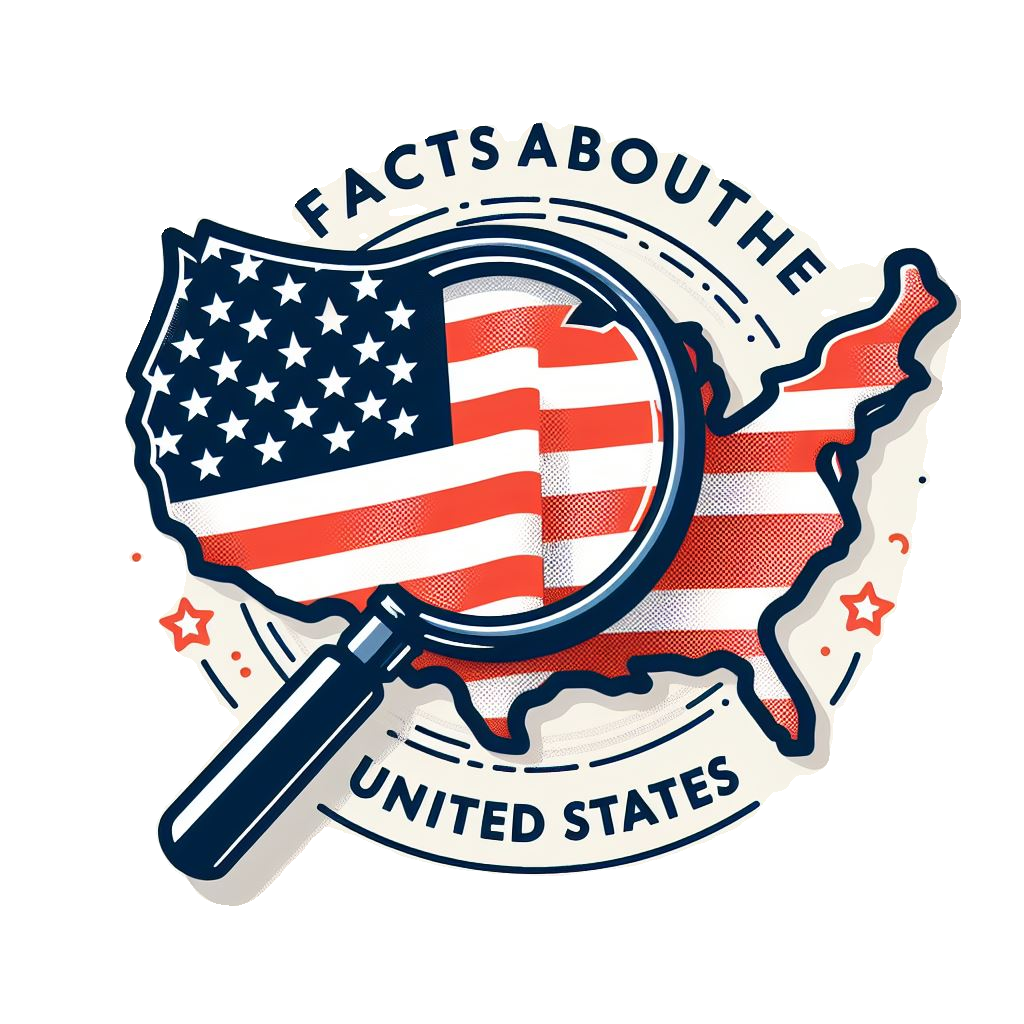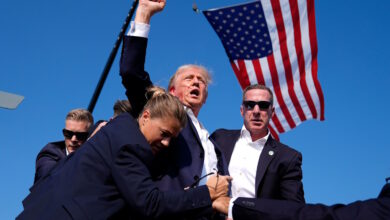An Unexpected Brawl: The War of 1812 Explained
The year is 1812. The United States, a young nation still flexing its muscles, finds itself locked in combat with Great Britain, the world’s leading superpower at the time. This surprising clash, known as the War of 1812, was a turning point in American history, shaping the country’s identity and laying the groundwork for its future as a global force. But what exactly caused this seemingly one-sided fight?
Trouble on the High Seas
Imagine a world where countries try to control trade by stopping ships on the open ocean. That’s what was happening during the Napoleonic Wars (1803-1815) between Britain and France. To weaken France, Britain restricted trade with any nation that dared to do business with them. This policy, called impressment, hurt American merchants who relied on selling goods to both sides.
Things got even worse when the British Navy started boarding American ships and forcing sailors they suspected of being deserters (people who abandoned their jobs) into the British service. These weren’t just any sailors; many were American citizens! Needless to say, this practice angered many Americans, fueling anti-British sentiment.
Land, Glory, and the Desire for More
Beyond maritime issues, the War of 1812 had roots in territorial disputes. The young nation craved westward expansion, but Britain maintained forts and alliances with Native American tribes in areas the U.S. considered its own. This land grab, fueled by a nationalistic fervor, became another reason for the brewing conflict.
A War on Two Fronts
The War of 1812 was a struggle on two main fronts: the Great Lakes and the Atlantic coast. The U.S. Navy, although smaller, saw some impressive victories, with ships like the USS Constitution earning the nickname “Old Ironsides” for its resilience in battle. However, on land, the war proved to be a stalemate. American forces struggled to invade Canada, while British troops managed to capture and burn Washington D.C. in 1814.
The End of the Fight and a New Era
By 1814, both sides were exhausted. The Treaty of Ghent, signed in December of that year, ended the war with no clear winner. However, for the U.S., the war was a significant turning point. It demonstrated the nation’s ability to stand up to a global power and fostered a sense of national pride. The heroes of the war, like naval commanders Oliver Hazard Perry and Andrew Jackson, became national figures.
A Legacy of Independence
The War of 1812, though short-lived, had a lasting impact on the United States. It solidified American independence on the world stage and boosted national unity. The war also led to increased investment in the military and infrastructure, paving the way for westward expansion. So, the next time you see an American flag waving proudly, remember the unexpected brawl of 1812 – a conflict that helped define a nation.




